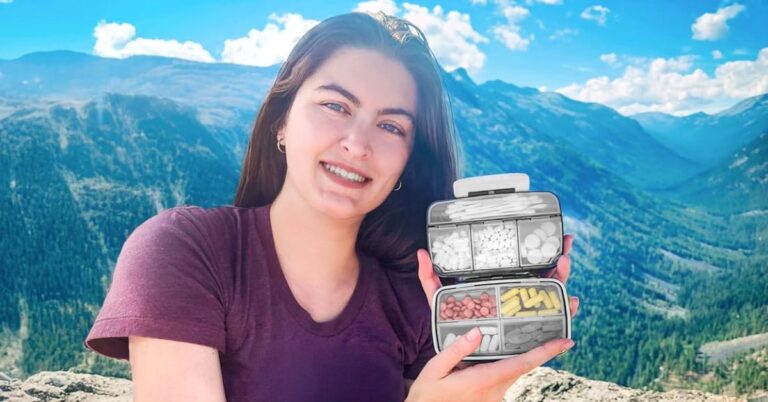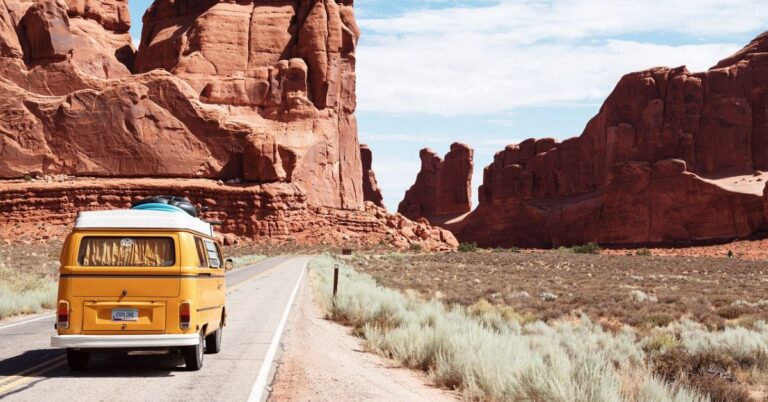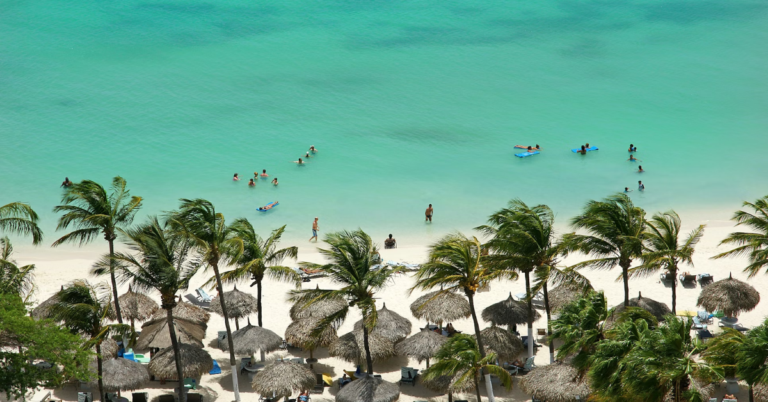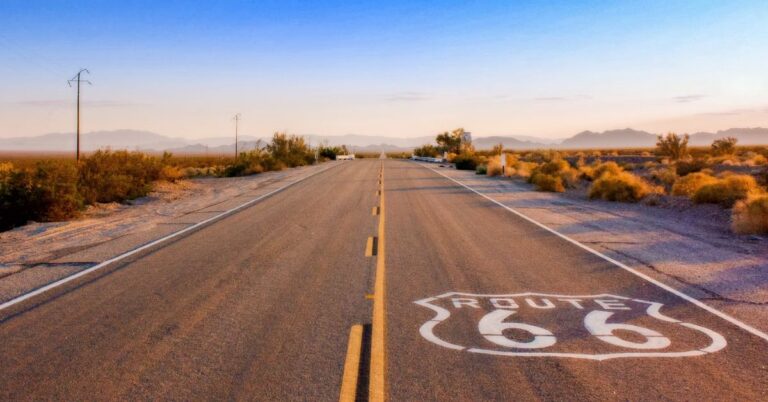15 Camping Rules Every Outdoor Lover Should Know By Heart

With crisp air and the sound of leaves underfoot, camping is one of life’s simplest joys. But it’s not always as carefree as it looks. Forget a small rule, and you might end up cold, wet, fined, or just plain annoyed. Tent or trailer, these 15 essential rules keep your trip safe and enjoyable. Learn them once, and you’ll camp smarter every time you head outdoors.
Always Check Local Regulations

Check the rules before you pack the marshmallows. Some parks require fire permits, and during dry seasons, open flames might be completely banned. In places like Yosemite, backcountry access often needs advance reservations. Skipping these rules can cost you up to $5,000.
Leave No Trace, Pack Out Everything You Pack In

Trash doesn’t vanish just because it’s organic. Even banana peels can stick around for years, harming ecosystems and drawing wildlife into danger. Yellowstone alone hauls out more than 1,000 pounds of waste every year. Stick to the Leave No Trace principles and pack out everything you bring in—no exceptions.
Keep Noise To A Minimum, Especially After Dark

Most campgrounds set quiet hours between 10 PM and 6 AM, and there’s good reason. Loud noise disrupts wildlife—especially nocturnal species like owls—and can upset the natural balance. In some areas, it might earn you a fine. Respect the silence so everyone, animals included, can rest undisturbed.
Use Designated Fire Rings, Not Makeshift Fire Pits

Improper fire pits spark over 60,000 wildfires annually. Use existing rings to prevent flames from spreading. Never stack random rocks because some can explode when heated. Remember that ashes stay dangerously hot for more than 24 hours, so always double-check before leaving the site.
Store Food Safely To Keep Wildlife Away
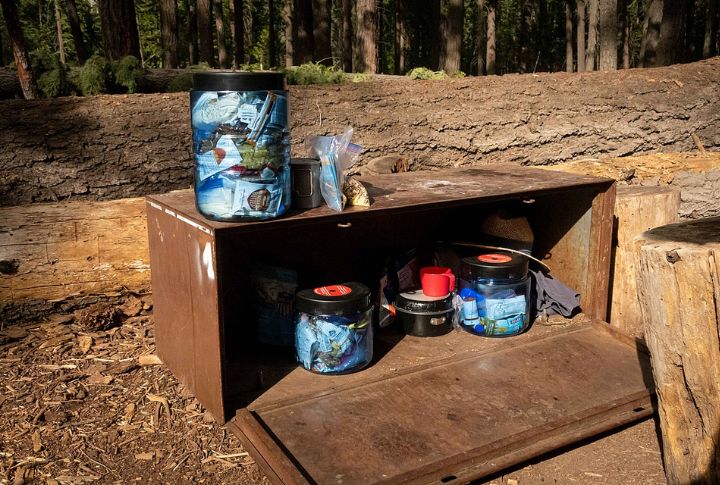
Bears have been known to open car doors in search of food, which is why many parks require bear canisters. Similarly, pet food and scraps attract raccoons and mice. Feeding wildlife, even unintentionally, can result in their relocation or death. Always ensure everything is sealed and stored properly to keep animals safe.
Respect Trail Markings
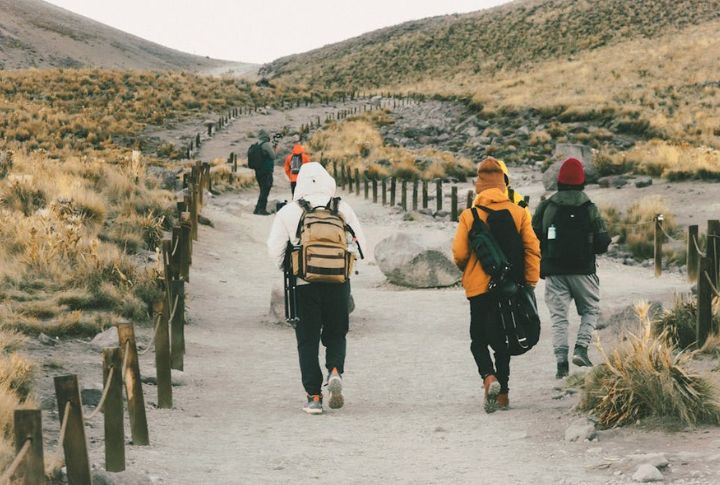
Straying off marked paths risks personal safety and harms delicate ecosystems. In some parks, like those with cryptobiotic desert soil, even one misplaced step can take decades to heal. That’s why venturing off course isn’t just discouraged—it can lead to fines and long-lasting environmental damage.
Arrive With Daylight To Set Up Camp
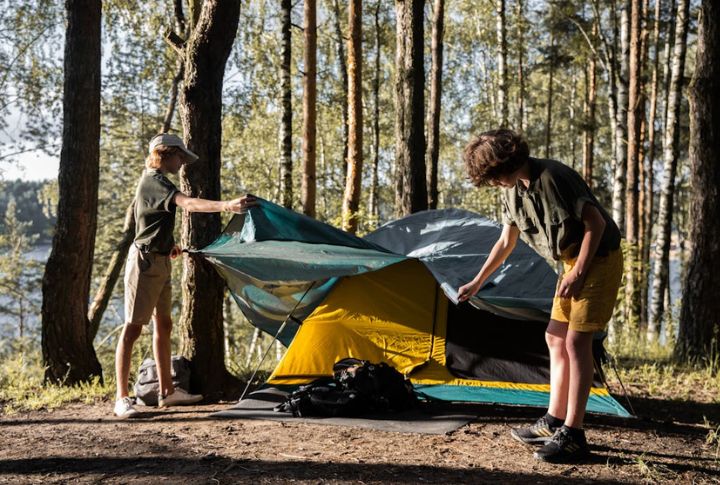
There’s a reason experienced campers aim to arrive early. Setting up camp in the dark makes everything harder—tying ropes, pitching tents, even finding flat ground. Add the risk of wildlife and locked park gates, and you’ve got a recipe for stress instead of sleep.
Keep Pets Under Control At All Times
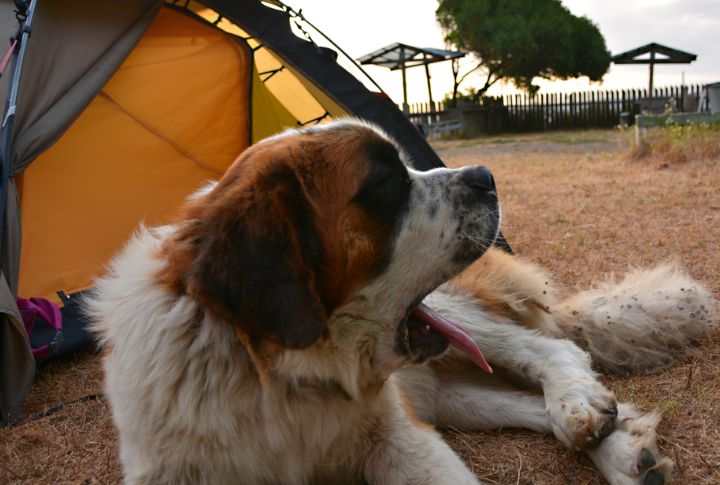
National parks typically require pets to be leashed at six feet or less. Loose animals risk injury or stress to wildlife. In the Southwest, off-leash dogs are particularly vulnerable to rattlesnake bites. Proper leash control helps ensure safety for both pets and wildlife.
Respect Campsite Boundaries And Your Neighbors
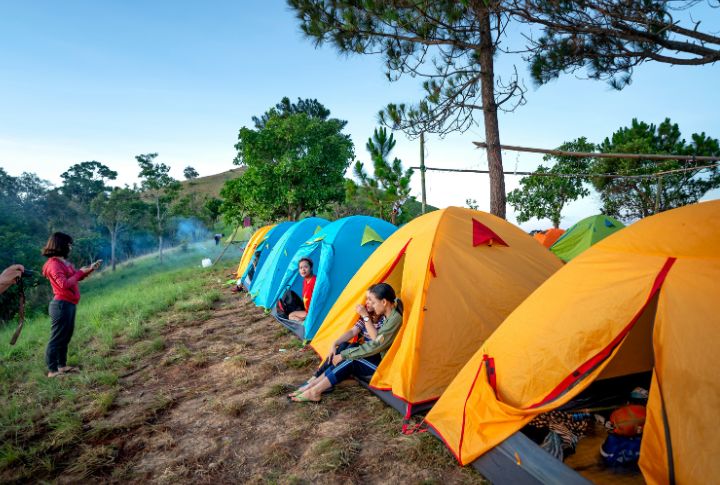
Each campsite has an assigned space, so avoid cutting through others. Trespassing not only disrupts privacy but also raises concerns about theft. In fact, some campers have reported losing gear due to boundary violations. To maintain order, certain RV parks even prohibit visible clotheslines.
Follow All Fire Bans And Burn Restrictions
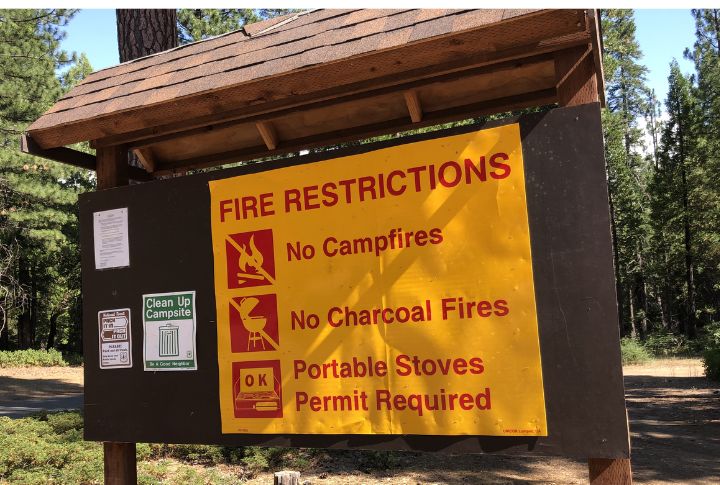
Restrictions shift rapidly with weather changes, and ignoring them can result in legal penalties. A single spark can ignite thousands of acres. In 2020, a gender reveal fire cost over $8 million. So, before lighting anything, verify the current fire status through local or state alerts.
Bring More Water Than You Think You’ll Need
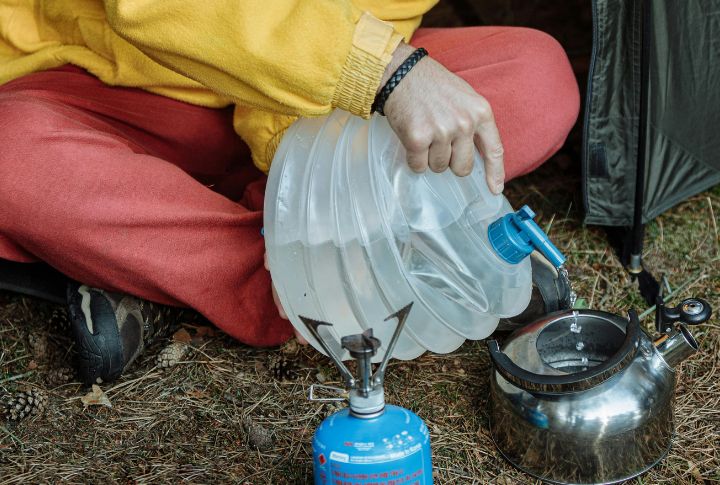
Always pack more water than seems necessary. One gallon per person per day is the baseline—even in cooler weather. Natural sources might carry Giardia or unseen pollutants that filters can’t catch. Cold air dehydrates, too, so don’t gamble on streams or gadgets. Start with clean water and bring backup.
Practice Campfire Courtesy
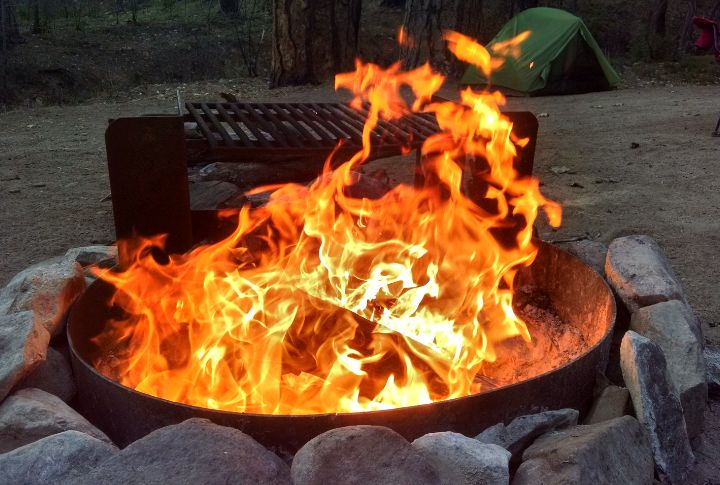
Campfires should warm, not overwhelm. Oversized logs smolder and smoke, and paper plates with wax coatings can flare dangerously. Moreover, pinewood pops with flying sparks, raising fire risks. That’s why use dry, local firewood and keep the flames low so your fire stays safe and neighbor-friendly.
Prepare For Weather Shifts, Even In Summer

pack layers and rain gear for protection. In mountain areas, temperatures can drop 30 degrees within hours. Flash floods may strike deserts after brief rain bursts, and strong winds can tear un-staked tents apart. Hypothermia is possible at 50°F if you’re wet and exposed.
Use Biodegradable Soap

Even eco-friendly soap pollutes lakes and streams when used directly. Amphibians absorb toxins through their skin, while soapy runoff promotes algae growth and attracts insects. The NPS recommends washing and dumping at least 200 feet from any water source—don’t assume “natural” means harmless.
Always Let Someone Know Your Itinerary
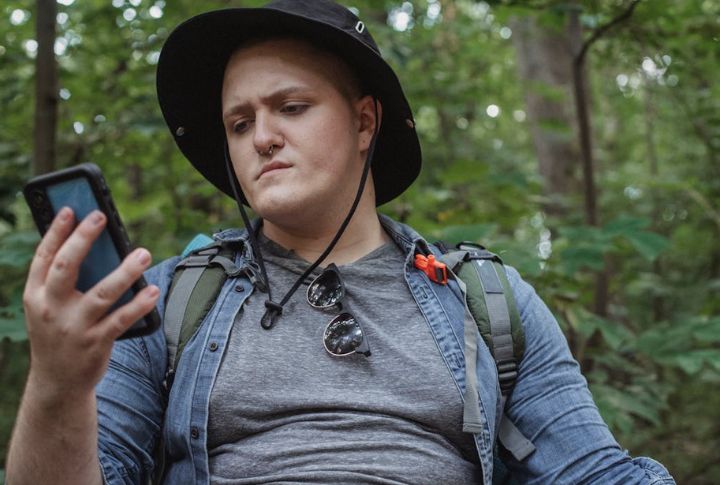
Always let someone know where you’re going and when you plan to return. In remote areas, cell service can vanish. Search teams often trace successful rescues back to shared itineraries or notes. Even a lightweight beacon or a quick message to family can mean the difference between being found—or not.

